Viron: Devlog
Hello everyone! This is a devlog for my latest 2D puzzle-platformer, Viron, which I developed for a game jam in just a few days. The core idea behind Viron is simple but impactful — every movement costs something. Whether you’re walking, crouching, or jumping, your energy drains, and once you’re out of energy or health, it’s over. The game forces you to analyze, plan, and reflect before making any move.
⚙️ Game Overview Genre: Puzzle Platformer
Core Mechanic: Strategic movement with energy/health resource management
Levels: 10 handcrafted stages (currently expanding to 20+)
Art: Custom-made high-resolution sprites using Adobe Illustrator
Engine: Unity (URP disabled for performance)
Platforms: Browser (Itch.io), with plans for CrazyGames and Play Store
🔍 Mechanics Breakdown Walking → 3% energy/second
Crouch → 6% energy (once)
Jump → 12% energy
Traps → Health-consuming hazards like acid, electric currents, laser beams
Enemy Logic → Moving/shooting laser bots and strategic obstacles
Battery Pickups → Replenish energy, placed carefully across levels
- Design Philosophy Every level is like a feedback loop. You play, fail, learn, and try again with new insights. Sometimes the optimal move is to take health damage and save energy — it’s about finding the right trade-off. There’s no random punishment, just tough decision-making.
Devlog: Behind the Scenes of Making Viron
Making a well-polished, smart puzzle-platformer solo is already a tough job. But completing one in just 3 days? That was nothing short of a miracle.
I made Viron for a 10-day game jam, but I only had 3 days to build it from start to finish. My main goal was to complete something meaningful and polished quickly so I could return to other high-priority projects. To achieve that, I relied heavily on my long experience with 2D platformer development, Unity scripting, and rapid prototyping.
Game link: https://sourabhk.itch.io/viron
Full gameplay link: https://youtu.be/-BPNhZWUmNs?si=3IId9jaBxy3K4NaX
Day 1: Core Mechanics, Assets & Animation
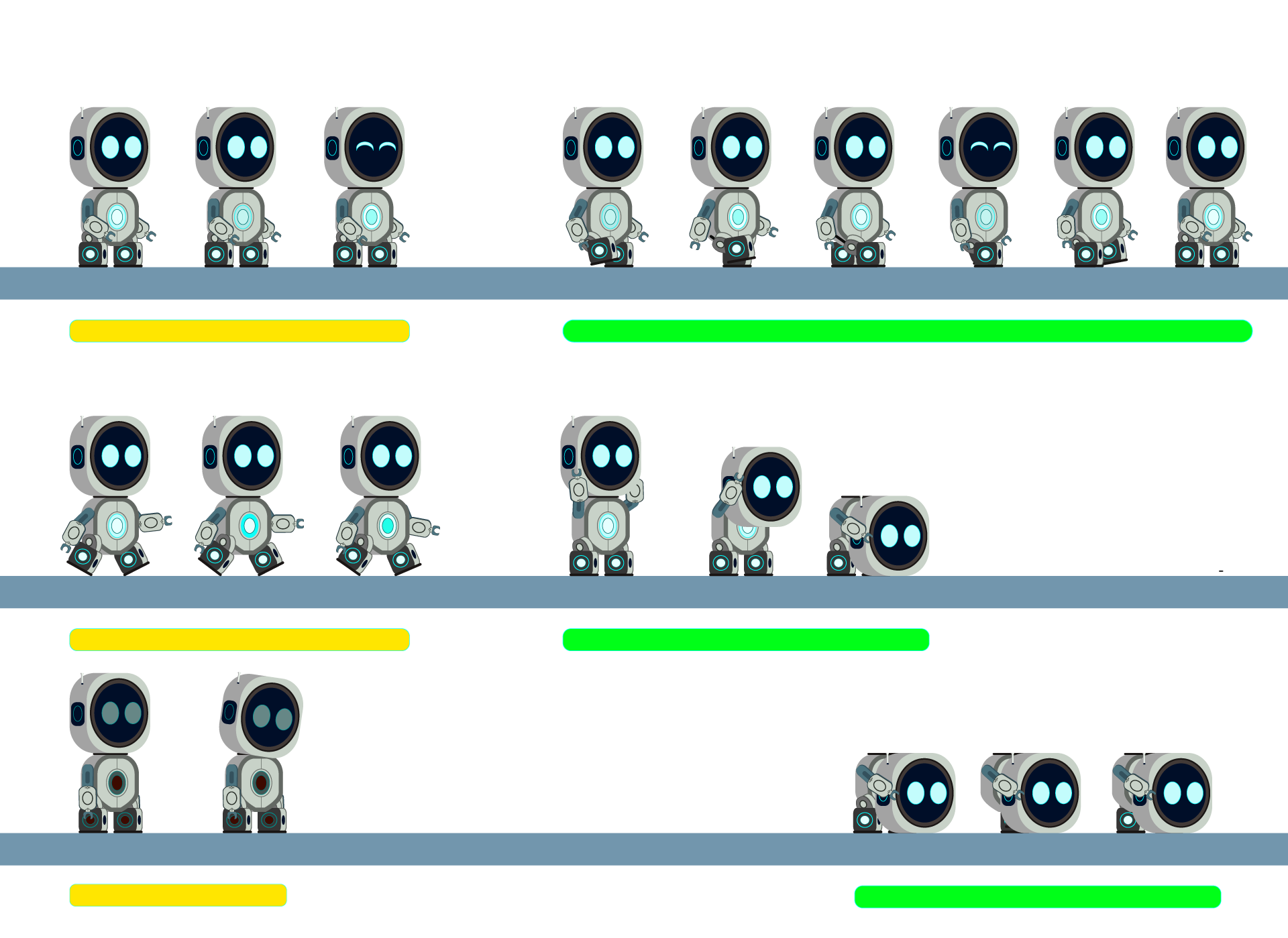
The first day was all about setting the foundation. I designed and built:
-
All the gameplay scripts: player controller, energy/health system, battery collection, enemy behavior, hazard mechanics
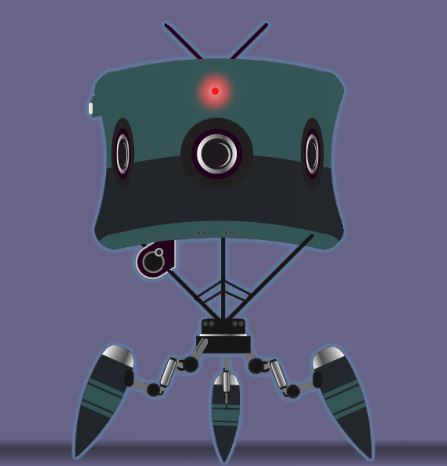
-
The complete animation system using Unity’s Animator and sprite frames made in Adobe Illustrator
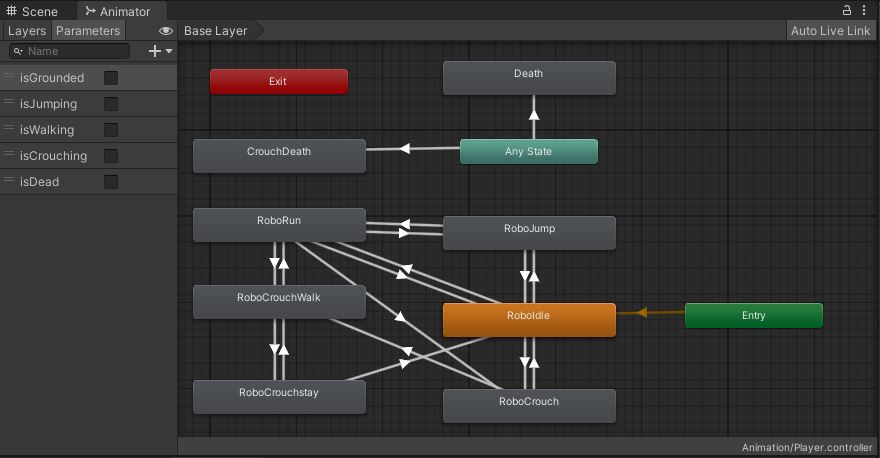
-
Basic physics and collision logic
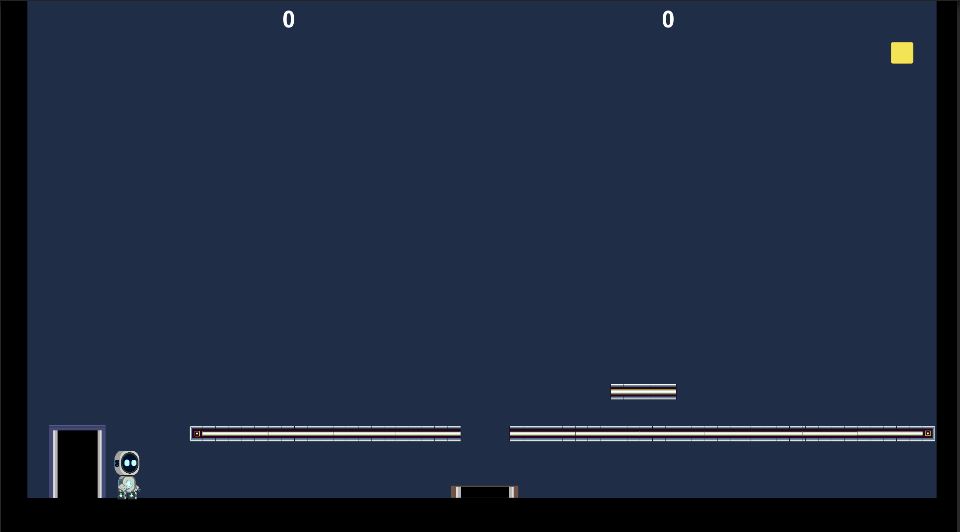
-
Idle, walk, jump, crouch, and death animations for the robot character
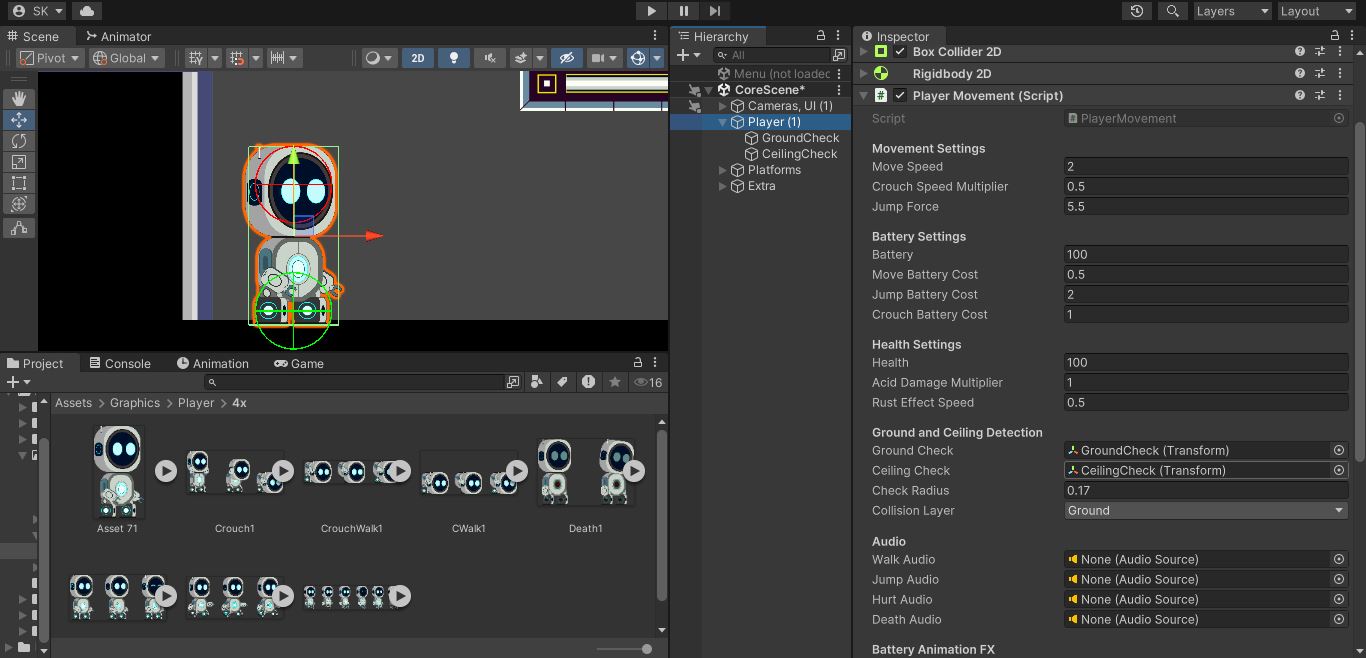
-
made acid area traps
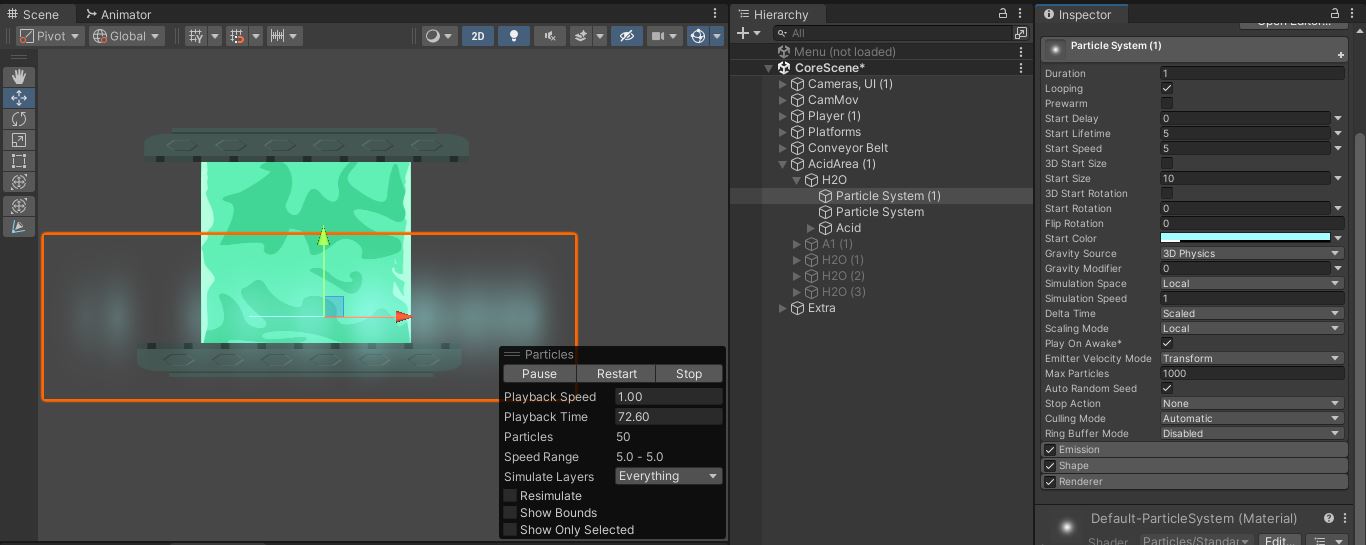
Every animation frame was made in Illustrator (not pixel art). The result was a clean, modern look that also ran efficiently in WebGL.
Day 2: Advanced Features and Polish
On the second day, I added new mechanics and layered complexity into the levels:
- Conveyor belts to push the player forward or backward with physics
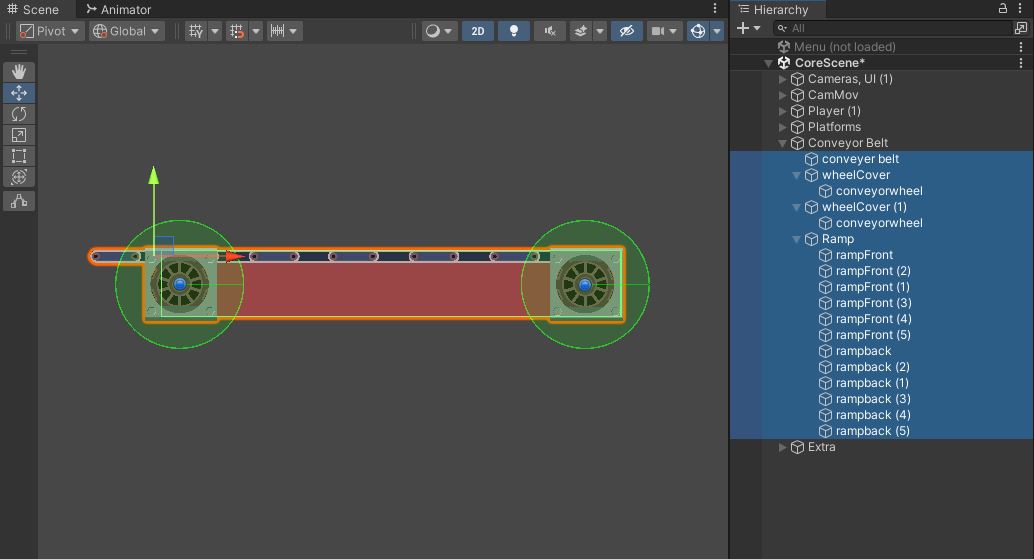
- Breakable platforms that destroy after a delay
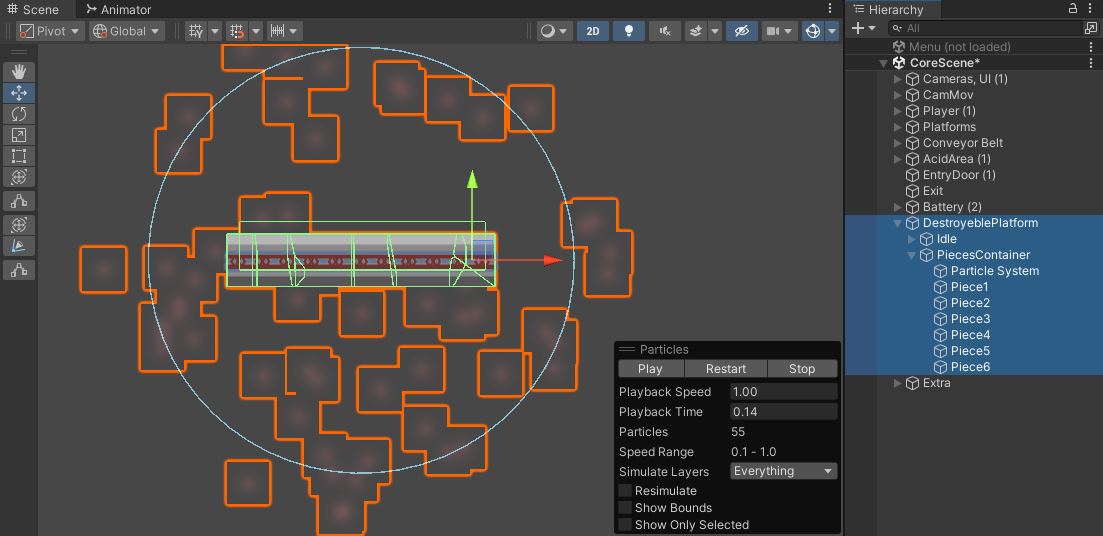
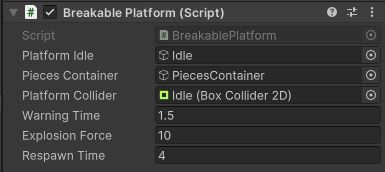
- A basic enemy prefab that could shoot or patrol
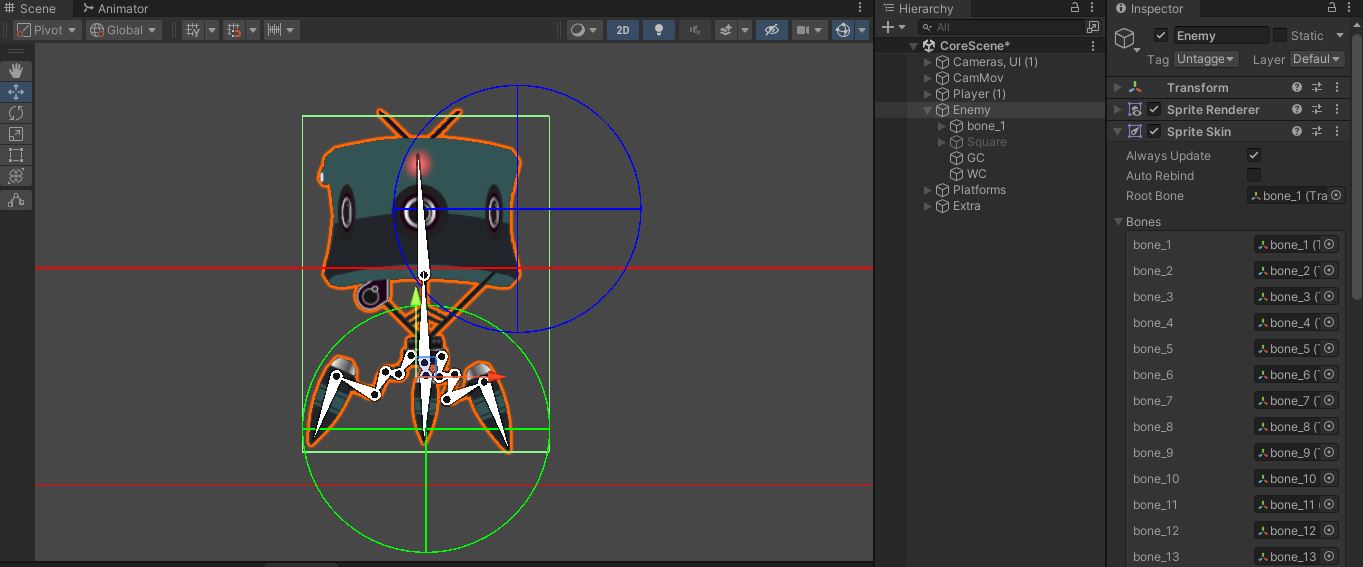
- Battery pickups that restore energy and give visual/audio feedback
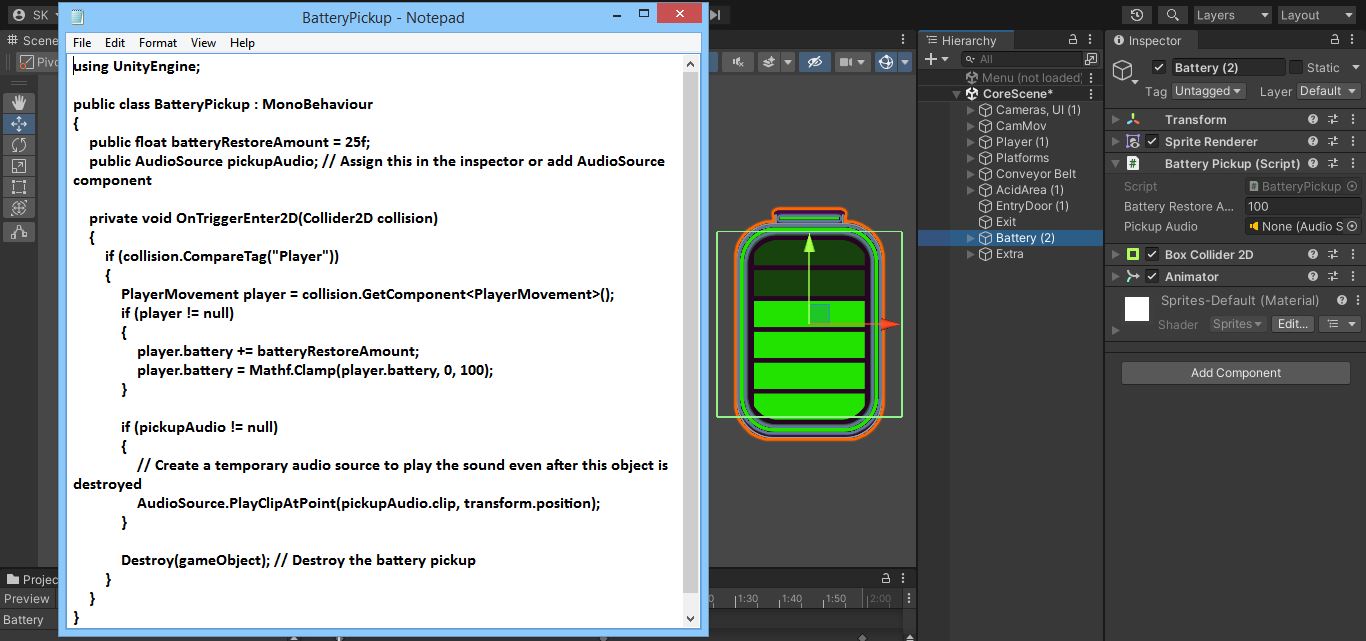
- An elevator system and instant camera switching (instead of Cinemachine, which I usually use)
- Set up trigger zones for camera movement, sound triggers, and level logic
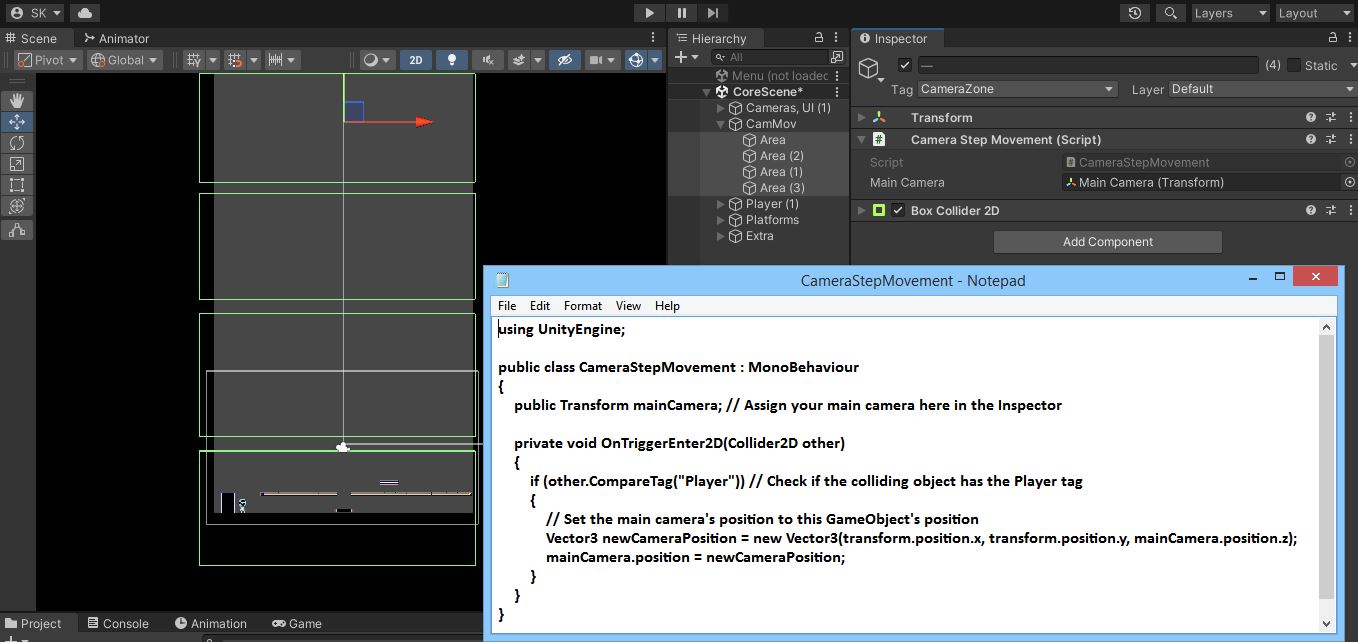
This day was exhausting — building all of that from scratch solo is never easy. But I pushed through, and by the end, the levels were finally feeling “alive.”
Day 3: UI, Sound, Bug Fixes & Final Assembly
The final day was about UI, level setup, bug fixing, and sound design:
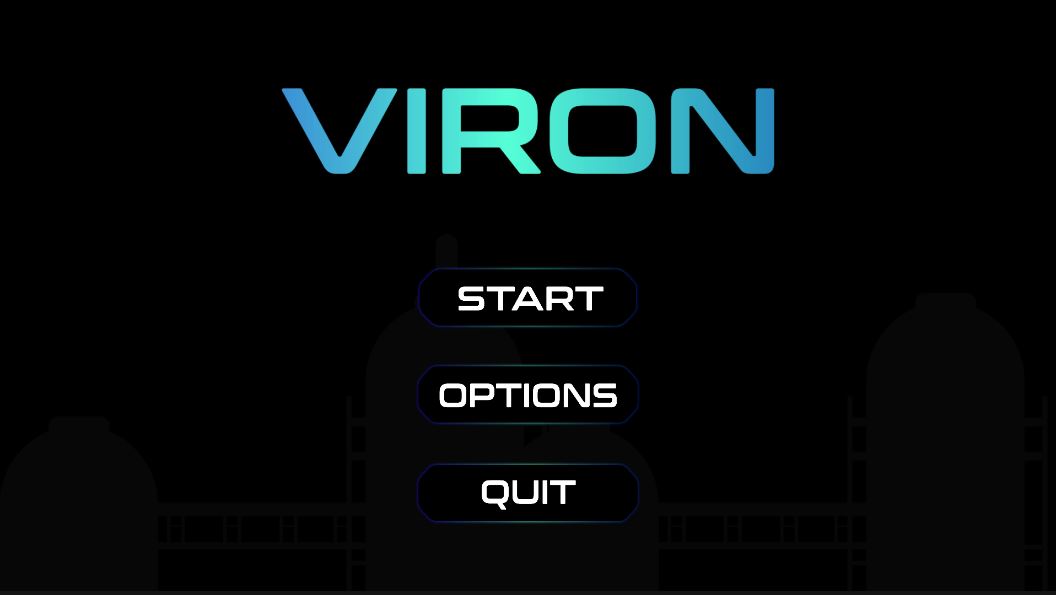
- I designed a high-tech UI, complete with audio sliders, pause menu, and restart logic
- Added a hidden Easter egg room with lore displayed on an in-game computer screen
- Used BandLab to edit SFX and create the BGM (yes, I composed it myself!)
- Fixed all major bugs, collisions, and level transitions
- Playtested the entire game 3 times in WebGL to ensure a smooth browser experience
By the final few hours, I was racing against time — tweaking final platforms, positioning enemies, balancing energy vs. health mechanics — and finally, I uploaded the ZIP file on Itch.io just before the submission window closed.
Summary
Making Viron in just 35 hours (split over 3 days) felt almost impossible at times. But thanks to years of experience and some sleepless nights, I did it.
It’s not just another platformer — it’s a game where every step costs something, and thinking before moving is the key to success. Some players found it difficult, others found it clever and addictive. That’s the kind of game I love to make — the kind that makes you pause, learn, and grow.
Thanks for reading!
Follow me on Instagram: https://www.instagram.com/gamedevloper_sk
VIRON
Every action is a decision—conserve or burn
| Status | In development |
| Author | SourabhK |
| Genre | Platformer, Adventure, Puzzle |
| Tags | 2D, Cute, Indie, Prototype, Sci-fi, Side Scroller, Singleplayer |
Leave a comment
Log in with itch.io to leave a comment.